Suffolk Storm journal
By Kim Crowder
21st April 2020
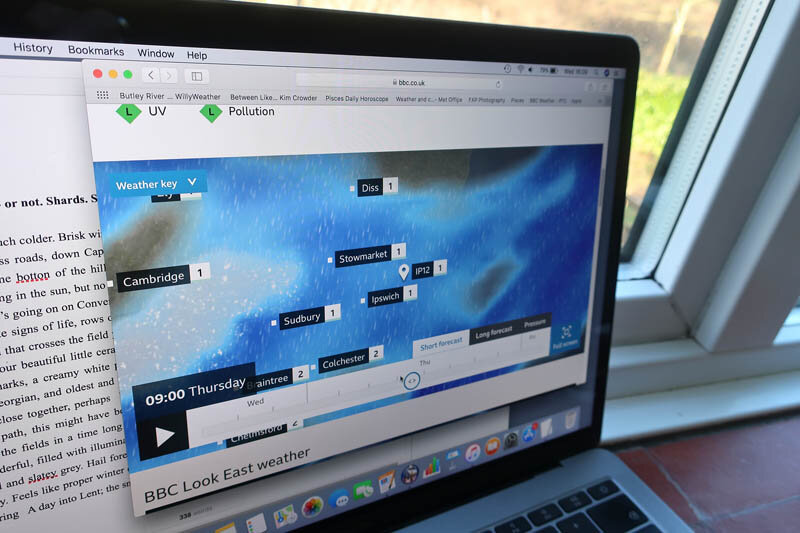
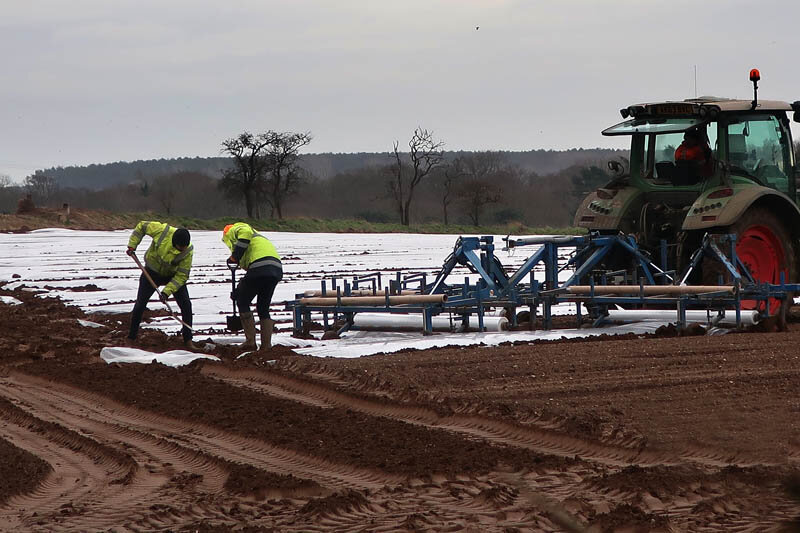
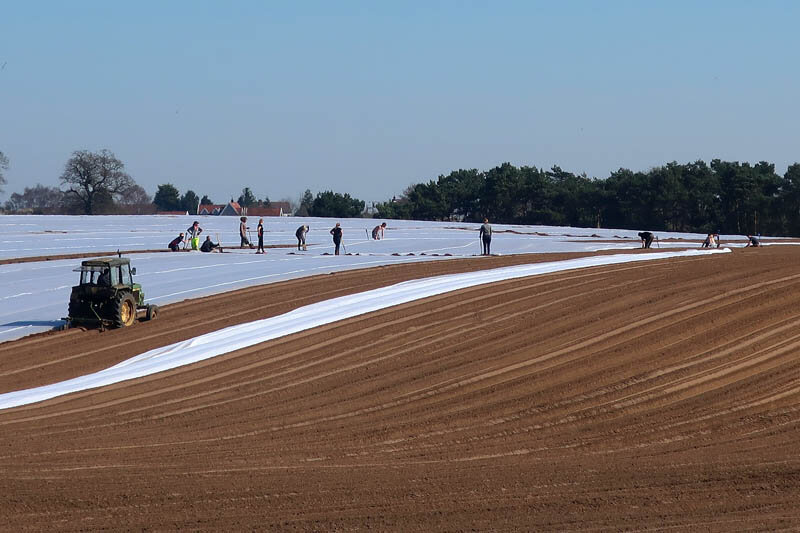
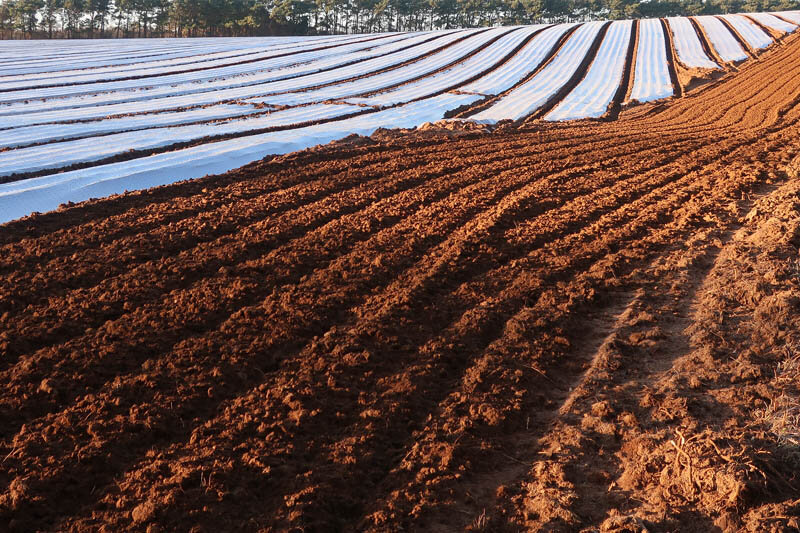
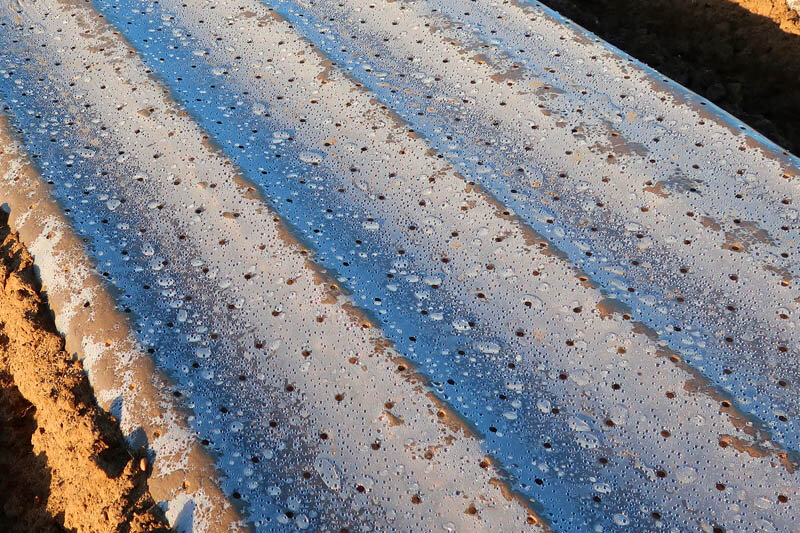
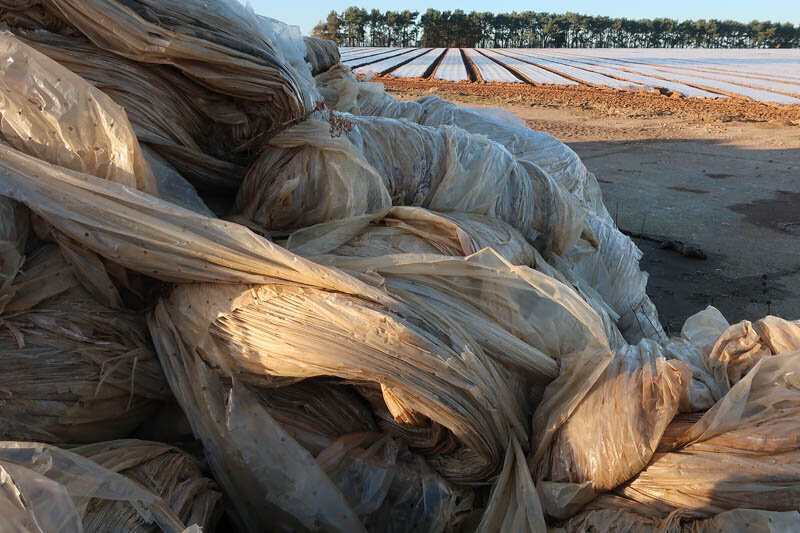
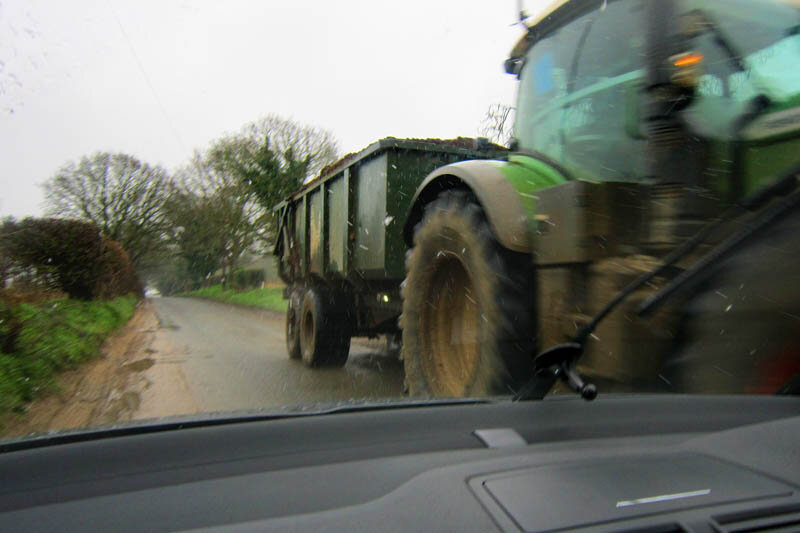
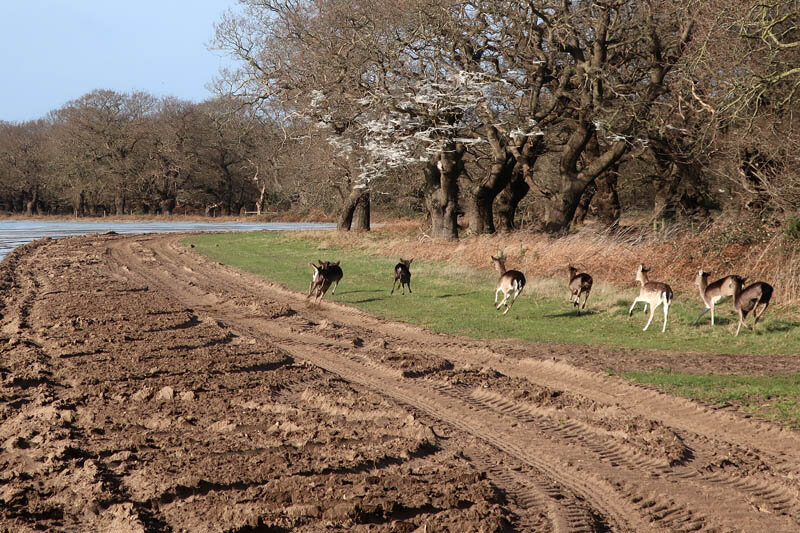
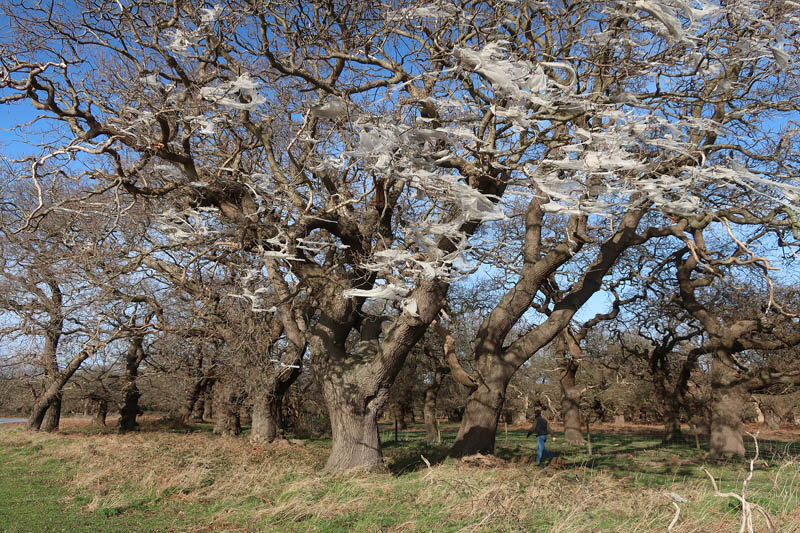
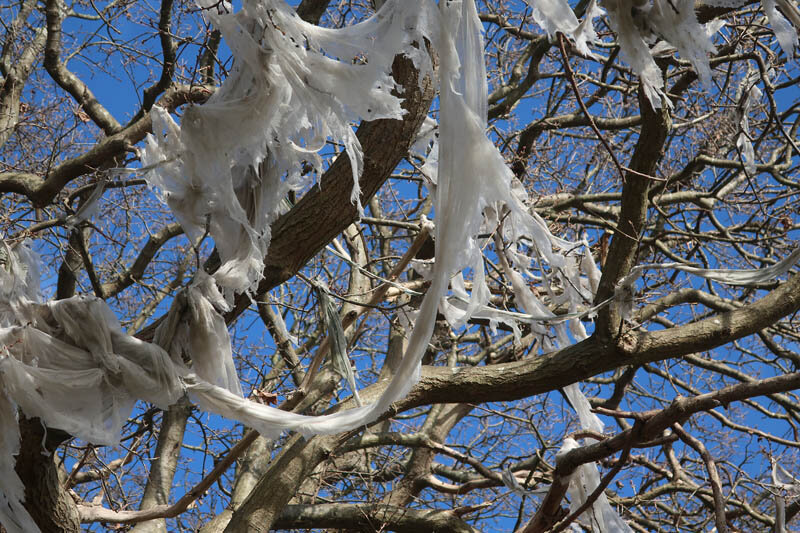
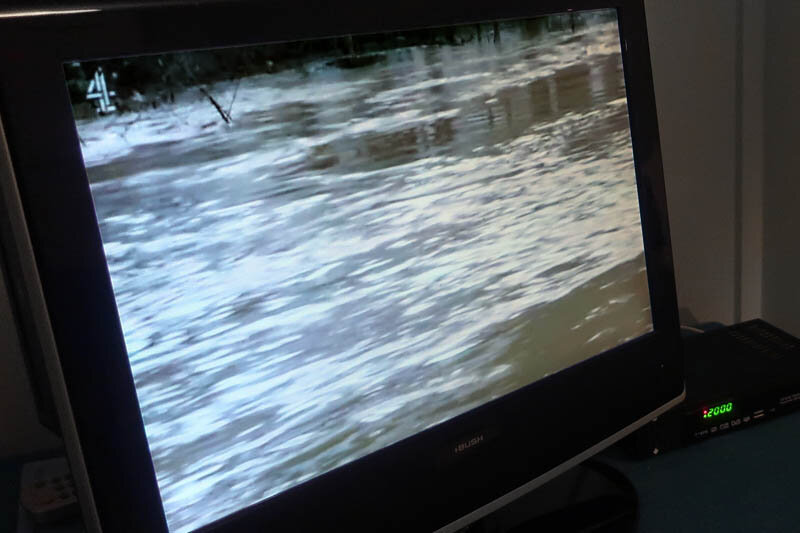
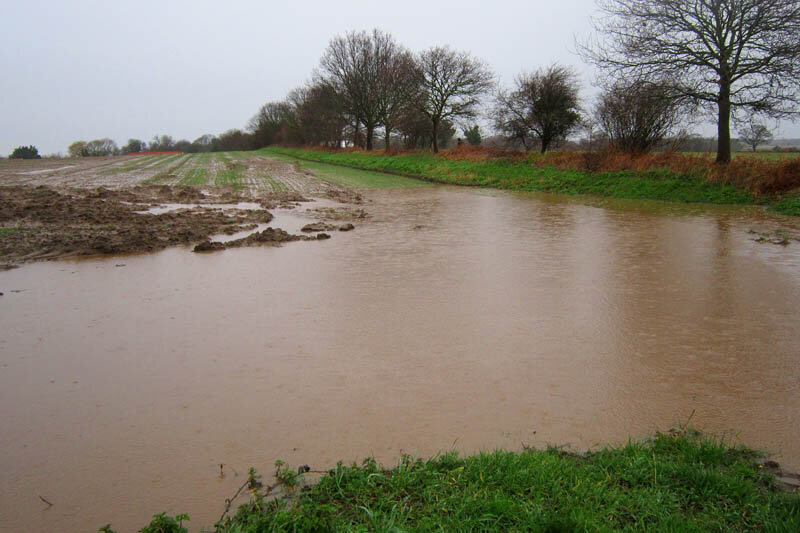
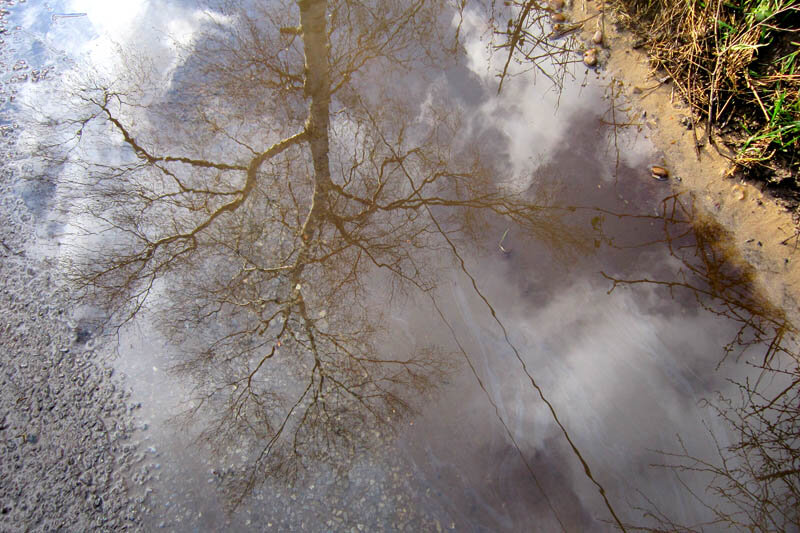
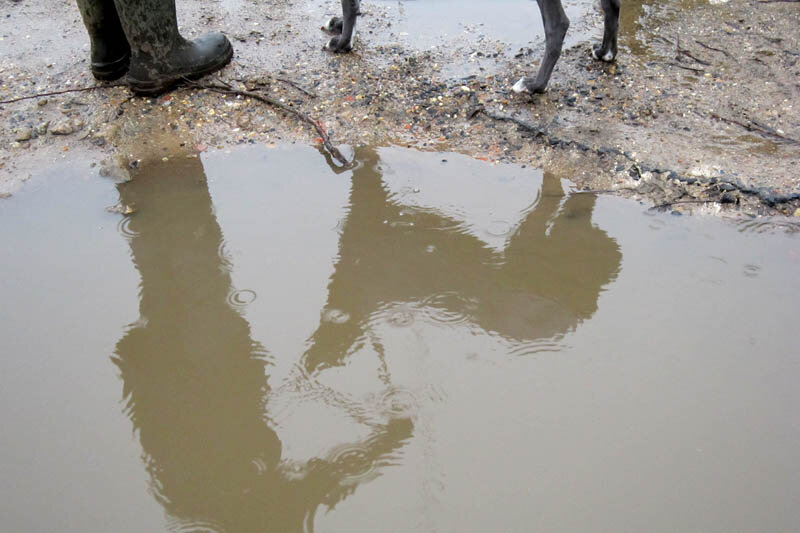
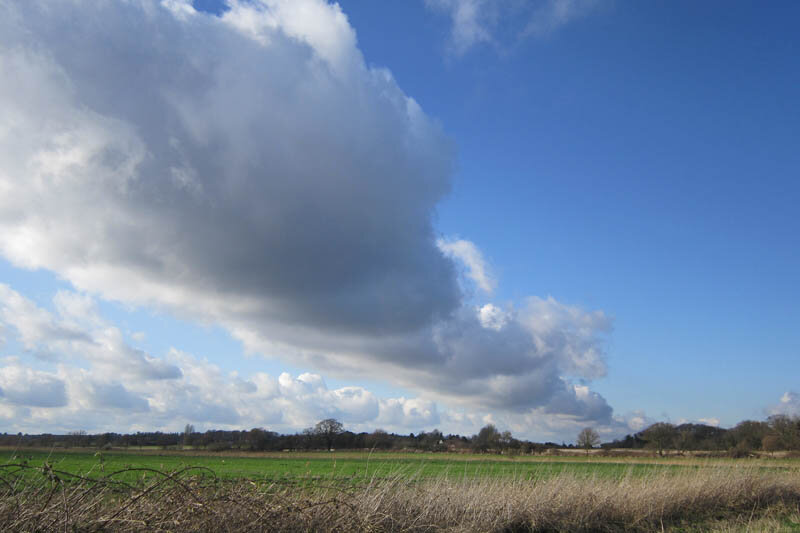
10/1/20: Debilitating atmosphere. The lane awash with liquid mud. On the fields, cabbage-harvesting. Bulgarian and Ukrainian workers cluster around minibuses, taking a break, thirsty, downing Sprite and Red Bull. Standing apart, a young woman in mud-smeared waterproofs. Pushing her headscarf back from her sweating forehead, she says “Very hard work! Bad weather for this work.”
13/1/20: The build-up to Storm Brendan: rain symbols and amber wind-warnings abound. We deliberate. Should we ride the horses tomorrow?
14/1/20: We chance a ride. Enter the forest in trepidation. Sensing the trees’ growing agitation, the horses spook and shy. Get home without mis-hap before the storm sets in.
15/1/20: Brendan lashes the land. Thinking of those migrant workers. No work, so no pay today.
16/1/20: Turbulent day. Brendan continues, blasting through woods, over fields - shoving, nagging, wrenching, rattling windows and doors.
17/1/20: No riding. No walking. Shut in. Temperature dropping. Stillness overnight. Distant stags calling.
21/1/20: Inter-storm interlude. Intense agricultural action. Planting is far behind schedule.
27/1/20: Colder. Different migrant workers urgently laying plastic mulch to accelerate seed germination. Again, just one girl present. Thick-set, powerful, she works harder than the men, yanking up great spadefuls of earth then whacking them down to secure the edges of the sheeting. She shouts, tauntingly, with a raw energy. Despite the cold, she’s wearing a crimson super-skimpy vest-top, her skin reddened by exertion and the biting wind. At the field’s edge the men slacken their work-pace. One repeatedly launches his spade, javelin-fashion, saving the effort of carrying it. Around a minibus the group eat, warm up, talk and smoke. The girl’s track-pants are encrusted in wet soil from waist to ankle. She has tied plastic carrier bags over her work-boots: are they new or old and leaky? She’s tired, breathless, yet impressive, defiantly exuberant. Her wind-borne voice might be the voice of spring.
28/1/20: Midnight. Wakeful, I study images of the jet-stream, an undulating serpent of high-speed air remorselessly winding around the body of Britain.
31/1/20: Met. Office confirms this as the 6th warmest January since 1884.
1/2/20: Many precarious trees marked for felling. Constant drone of chain-sawing. Crunch of small trees falling. Occasionally a louder, explosive clattering as some enormous storm-damaged tree collapses, self-applauding the breakage of its own limbs.
7/2/20: Storm Ciara predicted. Frosty. A wind-buffeted early Peacock butterfly.
Mulch-laying continues. Dazzling white pseudo-snow blankets the landscape. Contractors hurry from farm to farm, racing Ciara’s arrival.
8/2/20: Calm before Ciara. Feelings of tension, anticipation. Closure of the Orwell bridge, the life-line to Felixstowe port. Amber warnings again.
9/2/20: Ciara gathering strength. More amber warnings. Urgent advice against travelling. The strongest part of the jet-stream, the jet-streak, now directly over Suffolk.
10/2/20: Ciara raging, full force. At dusk, a stray Red Kite, wind-blasted far off-course.
Felixstowe closed; crane operations cease when wind exceeds 45mph. After dark, the lights of container-ships standing-off, stacking. Imagine being at sea tonight.
11/2/20: Ciara departing: Dennis approaching. Walk to the wood. Distressed deer explode across my path, torn between two instincts: one compels them to seek sanctuary in the wood while the other panics them from the restless trees. Mulch sheeting, torn off the adjacent field, hangs in shreds in the branches; an environmentalist’s beautiful nightmare.
12/ 2/20: 11am, total white out; not snow, but smoke. More chain sawing. At the wood’s edge, men feeding an immense bonfire. It smokes all day long making hair, clothes, house and laundry stink. Dusk; the wind-fuelled bonfire burning dangerously high, and unattended.
13 /2/20: No riding; forest paths blocked by fallen trees.
Low atmospheric pressure and low spirits go hand in hand. No exercise, no endorphins, no energy.
14/2/20: Increasing winds: bridge re-closed for 16 hours.
15/2/20: Arrival of Dennis. Sombre-coloured sky. Landscape, brooding grey-brown. Sodden mud. No signs of growth. Trees bowing in unison towards the north. The only thing fully alive is the gale itself: predatory, searching stripped hedges, rampaging through the wood, looking for trouble.
Sleepless.
16/2/20: Warmth. Heavy rain. Repetition of rain-wind-rain-wind triggers an activity cycle of get in, get out, get wet, get dry. Brain on a loop of anticipate, prepare, sit tight, recover, ad infinitum…….
I thought that being shut in would give me time to tackle long overdue jobs, so why aren’t they getting done? Too much distraction, zero concentration.
17/2/20: Dennis subsiding. East Anglia has escaped the worst.
19/2/20: BBC coverage shifts from storms to post-Brexit admission of migrant workers: 100,000 work in care, hospitality, food and farming. Without them, who will do farm-work in ever wetter, windier English weather?
20/2/20: Unprecedented flooding in north-east. A month’s rain in 24 hours: footage of raging river-waters in Telford, Ironbridge, Bridgenorth.
23/2/20: Attention span short, getting shorter. Temper short, getting shorter. How often do I say “we were going to” or “we meant to” or “ I wanted to”? Delays, postponements, frustrations all insignificant compared to effects elsewhere.
24/2/20: Lashing rain, strong west winds, gusting well over 40mph again.
26/2/20: Brisk west wind. Spectacular cloud-formations. Tufts and wisps. Silver, pearl and slatey-grey. More high 40s winds forecast. Winter cold finally arriving on the month’s turn.
27/2/20: Morning - wind, rain and sleet. Land so saturated it’s black. We drive, wipers on double-time, windscreen steamed-up, wheels heaving up huge brown bow-waves. Afternoon - biting north-easterly: energising. Vast cloud-scapes. Intermittent sunlight. Herons climbing awkwardly onto the air. Larks rising. Everything restless, shifting, scattering.
28/2/20: Storm Jorge arrives early. Forecasts for 70mph gales and 80mm of rain in northern Britain.
29/2/20: Torrential rain. Final day of meteorological winter. Trees at standstill, but tonight wind will return. How much more? Sit. Listen to rain battering windows, pouring off gutters, rushing down drains. Something on the roof repeatedly shunting and grating.
Two months, three record-breaking storms. What a start to 2020. What next?
Post script, 3/4/20: What next indeed? Pandemic lock-down. Looking back, the monotony, the prolonged and acute uncertainty triggered by the storms seem like they were a a rehearsal for this. Here we are, isolated yet together. Weathering.
Acknowledgement. My thanks to Peter White for his comments and suggestions on this piece.
Kim Crowder is a writer, visual artist and researcher. She holds a PhD in Visual Anthropology from Goldsmiths, University of London. Her current work focuses on aspects of nature, rural lives and the histories of people, places and things. You can find her website here

